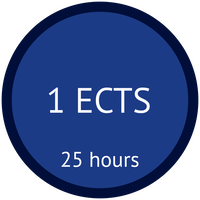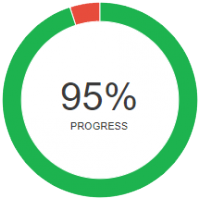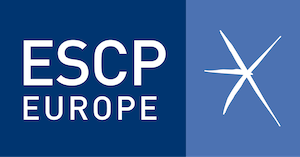Challenges addressed:
The first piloting of the course resulted in 40 enrolled learners of which 38 successfully completed the course. Furthermore the feedback from the learners was gathered. 23 learners participated in a feedback survey which allowed to draw important conclusions for future applications of this course. Amongst others, it was asked how to improve the course. Answers and recommendations cover the following topics:
- Preparation / technical aspects
- Preparation / task-related aspects
- Presentation / moderation
These topics will be taken as the basis to revise the initial course. A more general challenge was to keep the formal requirements a business school has to fulfill. Besides internal regulations, another very important aspect was considering external requirements on course design, e.g. stated by accreditation agencies.
Added value for the course author institution:
In this context, ESCP Europe represents both roles: author institution and formal education provider. The CPD course can be integrated in different courses (e.g., Bachelor, Master) dealing with skills development, and is therefore scalable without much effort. Considering the piloting, ESCP Europe gained rich insights regarding the needs and desires of the students in the context of innovative learning approaches such as open online learning.











 Project No. 2016-1-LT01-KA202-023131″
Project No. 2016-1-LT01-KA202-023131″